Optimizes the performance of petrol and diesel engines
Reduces fuel and oil consumption by up to 10%
Increases engine service life
Reduces engine noise and vibration
Ensures powerful and dynamic acceleration
Equalizes compression
Eliminates soot from the exhaust pipe
The company has been on the market for 9 years. During this time, we have cleaned the engines of about 11,000 cars as well as other equipment with hydrogen.
During these 9 years of work, we have reduced CO2 emissions by 16 thousand tons and saved more than 12 million liters of fuel!
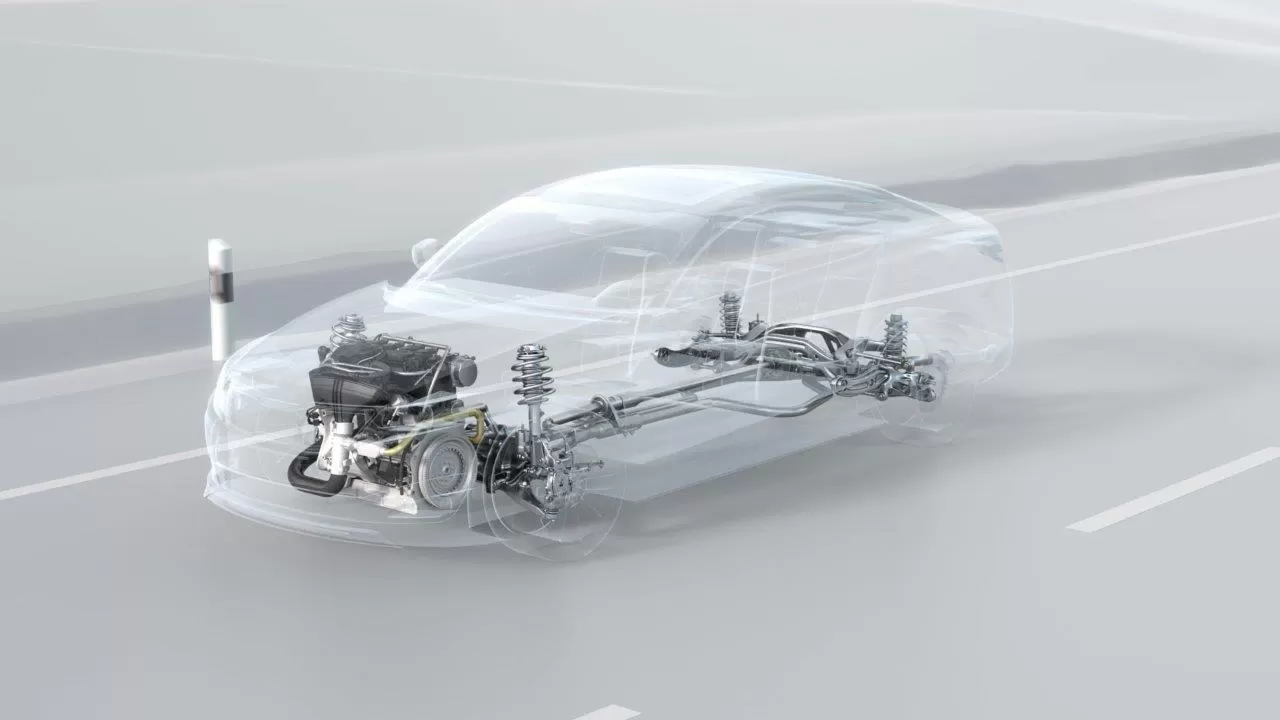
Increases engine lifespan
Unfortunately, the engine lifespan is only 300 thousand kilometers. Engine wear is caused by carbon deposits. This is a by-product of fuel combustion. Carbon is an equivalent of soot, which is formed from burning wood. Similarly, the combustion of fuel produces carbon deposits on the walls of the cylinder block, pistons and valves—a mixture of burnt resin, varnish, and soot. This creates obstacles to the normal operation of the engine. Coke deposits build up on the inner walls of the engine combustion chamber and impair combustion, cause fuel to be incompletely burned, and significantly increase the temperature inside the engine. This contributes to engine wear. Cleaning the engine from these deposits increases its lifespan.
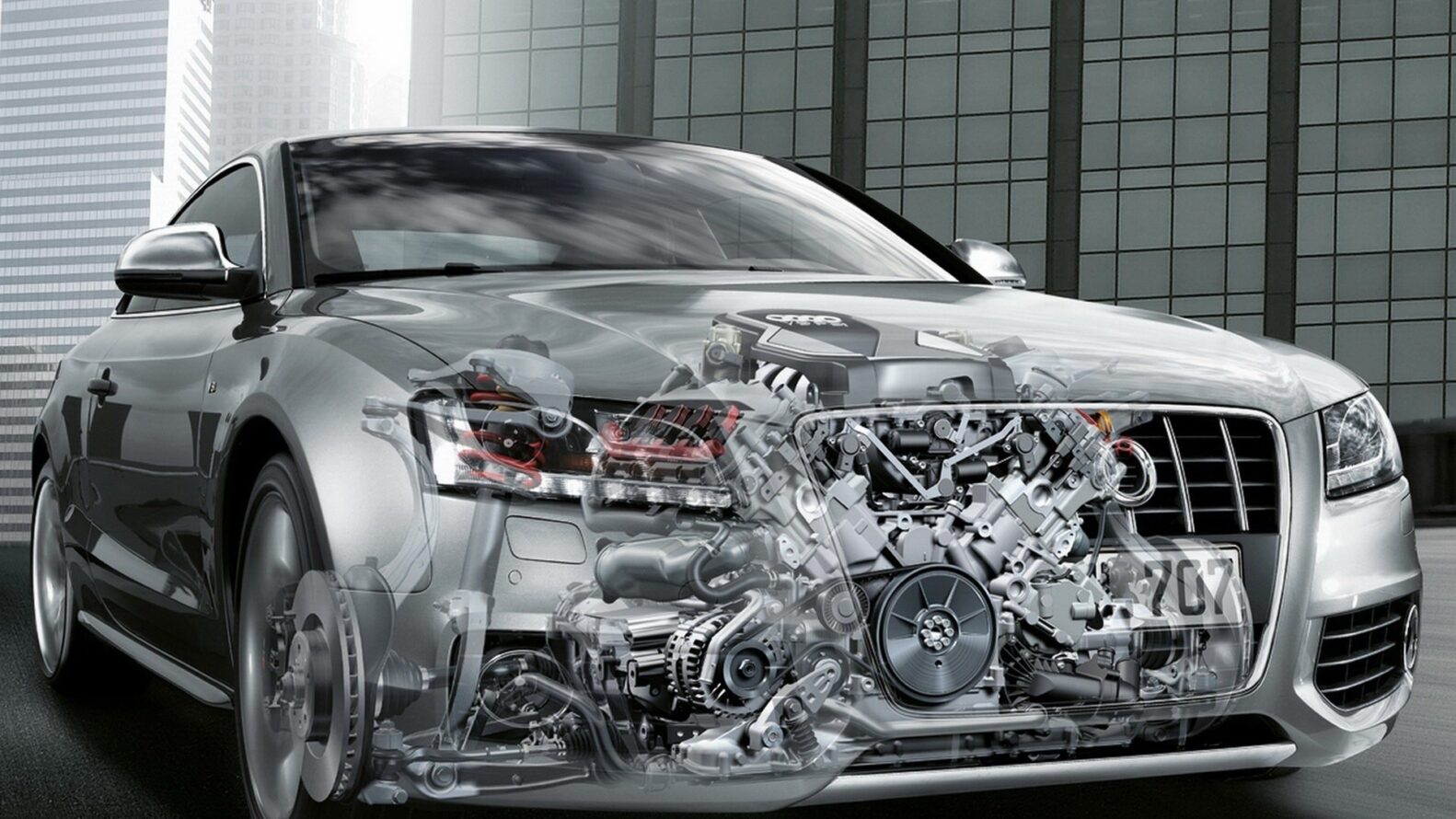
Removal of carbon deposits from the engine and all its main components. Compression equalization
Your car’s diesel or petrol consumption will be reduced by up to 10%. This is due to the cleaning (removal) of carbon deposits from the combustion chamber. Hydrogen engine cleaning cleanses compression rings, pistons and piston rings, exhaust manifold, spark plugs, injectors, oxygen sensor (lambda probe), particulate filter or catalytic converter without dismantling.
Hydrogen engine cleaning equalizes the compression pressure in the cylinders and improves the performance of your car by about 10%. View the study on Audi A7, 3.0 petrol, 2011.

Cleaning the particulate filter and EGR valve without disassembly
This service flushes soot out of the engine, reducing its impact on the particulate filter or catalytic converter. This increases the life of the particulate filter by 33%. In addition, hydrogen engine cleaning flushes soot deposits from the particulate filter or catalytic converter without disassembly.
Hydrogen engine cleaning cleans the catalytic converter and particulate filter without disassembly, if the ash content, soot content, and differential pressure allow it.
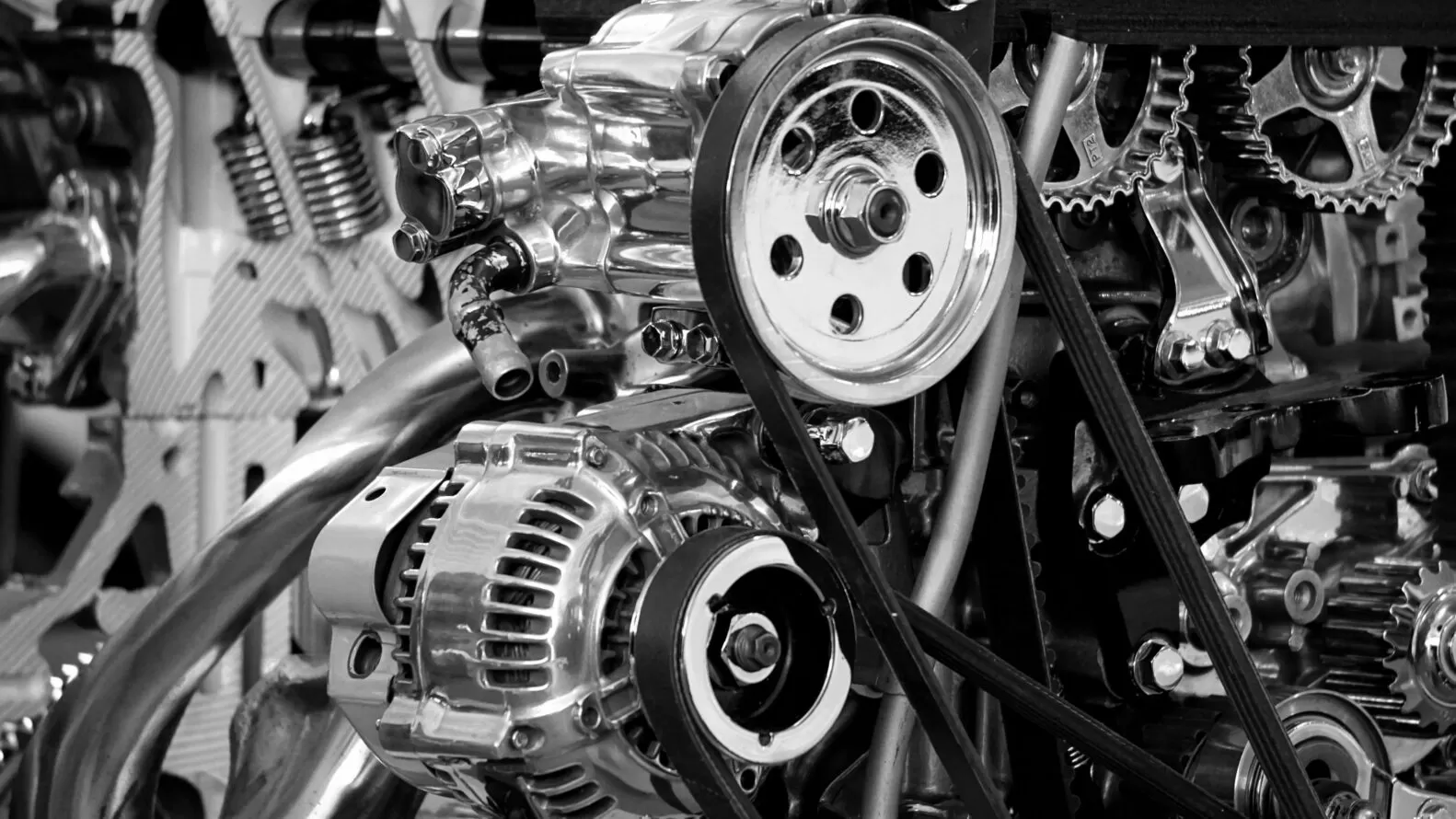
How is the engine cleaned with hydrogen?
Hydrogen-containing gas, a mixture of hydrogen and oxygen, is supplied to the engine through the air intake. Carbon deposits are broken down into molecules, easily separated from the engine components and flushed out through the exhaust system.
The procedure is absolutely safe, because no aggressive chemicals and mechanical forces damage the engine. Hydrogen engine cleaning is recommended for cars with a mileage of more than 50 thousand kilometers, and then every 15 thousand kilometers thereafter.
The procedure takes about one hour. Before cleaning, we perform computer diagnostics, learn all the errors of your car and its needs, and diagnose the condition of the particulate filter or catalytic converter.
Learn the price
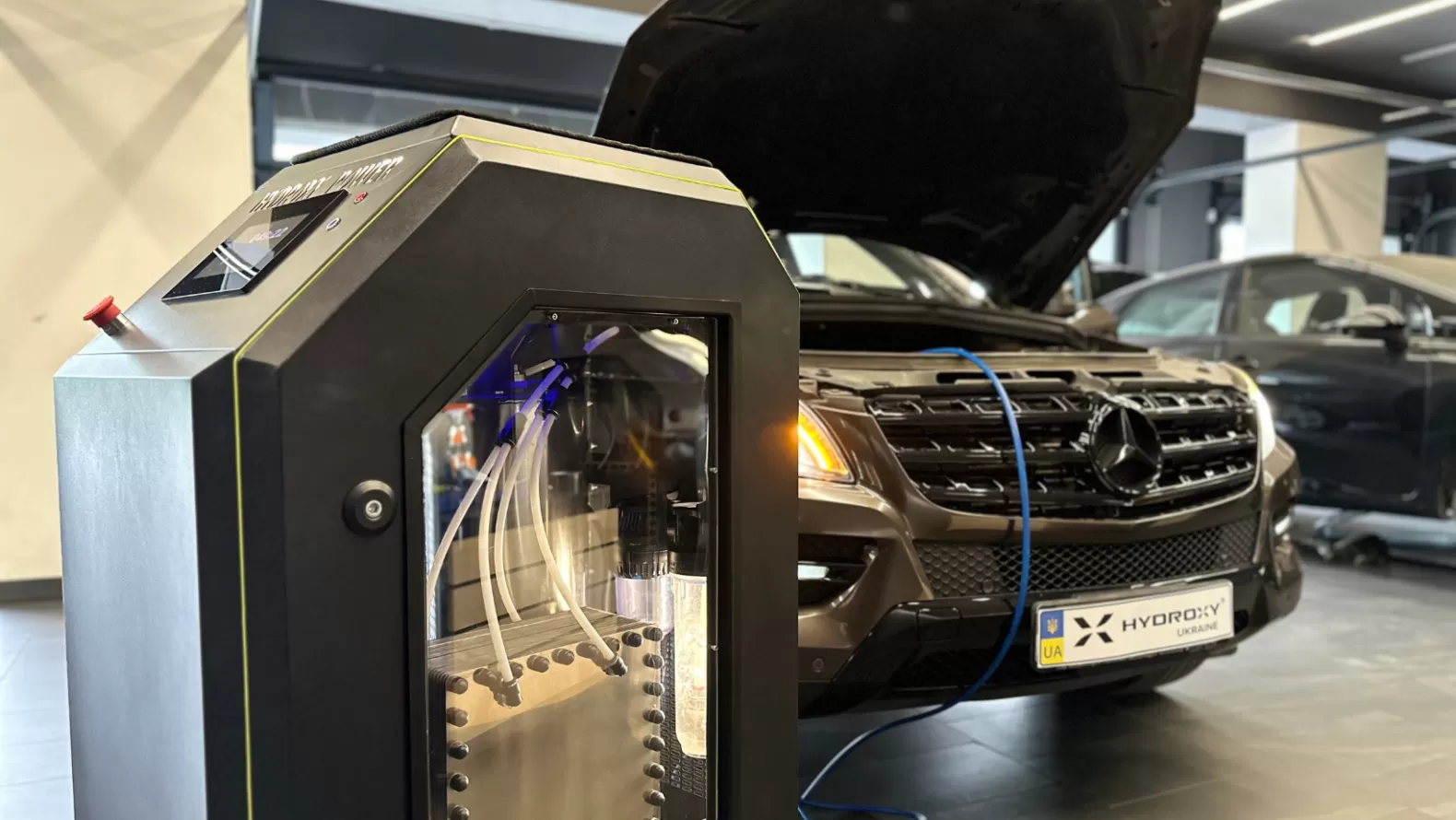
Suitable for all types of vehicles: cars, trucks, commercial vehicles, and industrial equipment
Our hydrogen cleaning equipment can be used to clean the engine in cars with an engine capacity of up to 35 liters. Tractors, dump trucks, excavators, buses, trucks, and even motorcycles— you will feel the positive effect on all vehicles with an internal combustion engine.
Equalized compression, better and more powerful acceleration, power, and dynamics—you will feel all of it after cleaning the engine with hydrogen

Cutting harmful emissions by half
One car emits 700 kg of carbon monoxide, 40 kg of nitrogen dioxide, and 230 kg of unburned hydrocarbons per year. Therefore, transportation is one of the main causes of the greenhouse effect through carbon dioxide (CO2) emissions from fuel combustion.
Cleaning the engine with hydrogen reduces emissions by 51%. So your car will cause less air pollution.

HYDROGEN SYSTEM
Clean your engine with hydrogen on a regular basis and reduce fuel consumption by up to 18%
Installing a hydrogen system on your car will help you keep your engine clean and reduce fuel consumption by up to 18%. This equipment produces hydrogen-containing gas while the car is moving, immediately burns it with the main fuel and supplies the car with additional energy. Learn more about the hydrogen system here
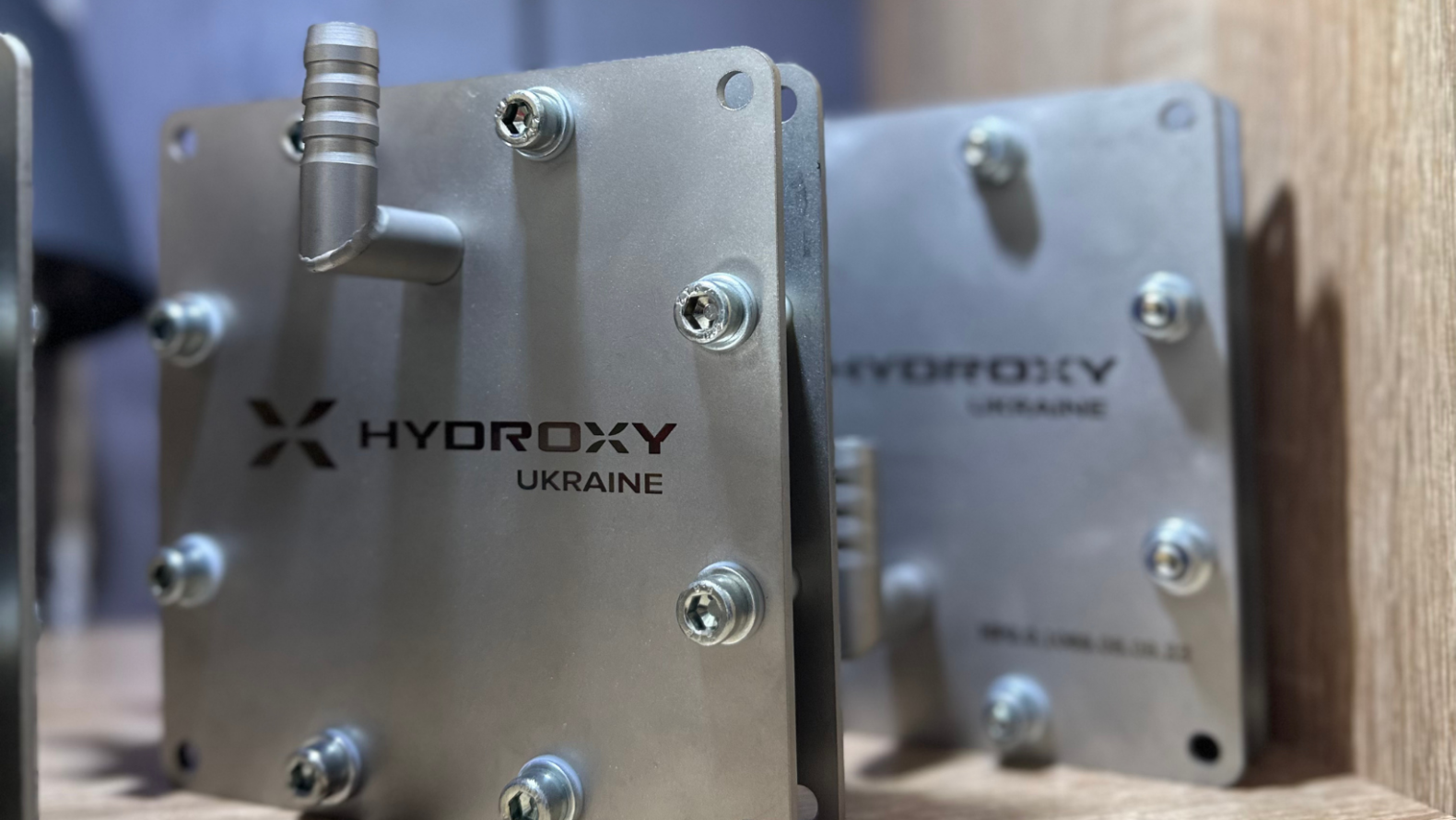
It is recommended to have your engine cleaned with hydrogen if your car has the following issues:
FREQUENTLY ASKED QUESTIONS
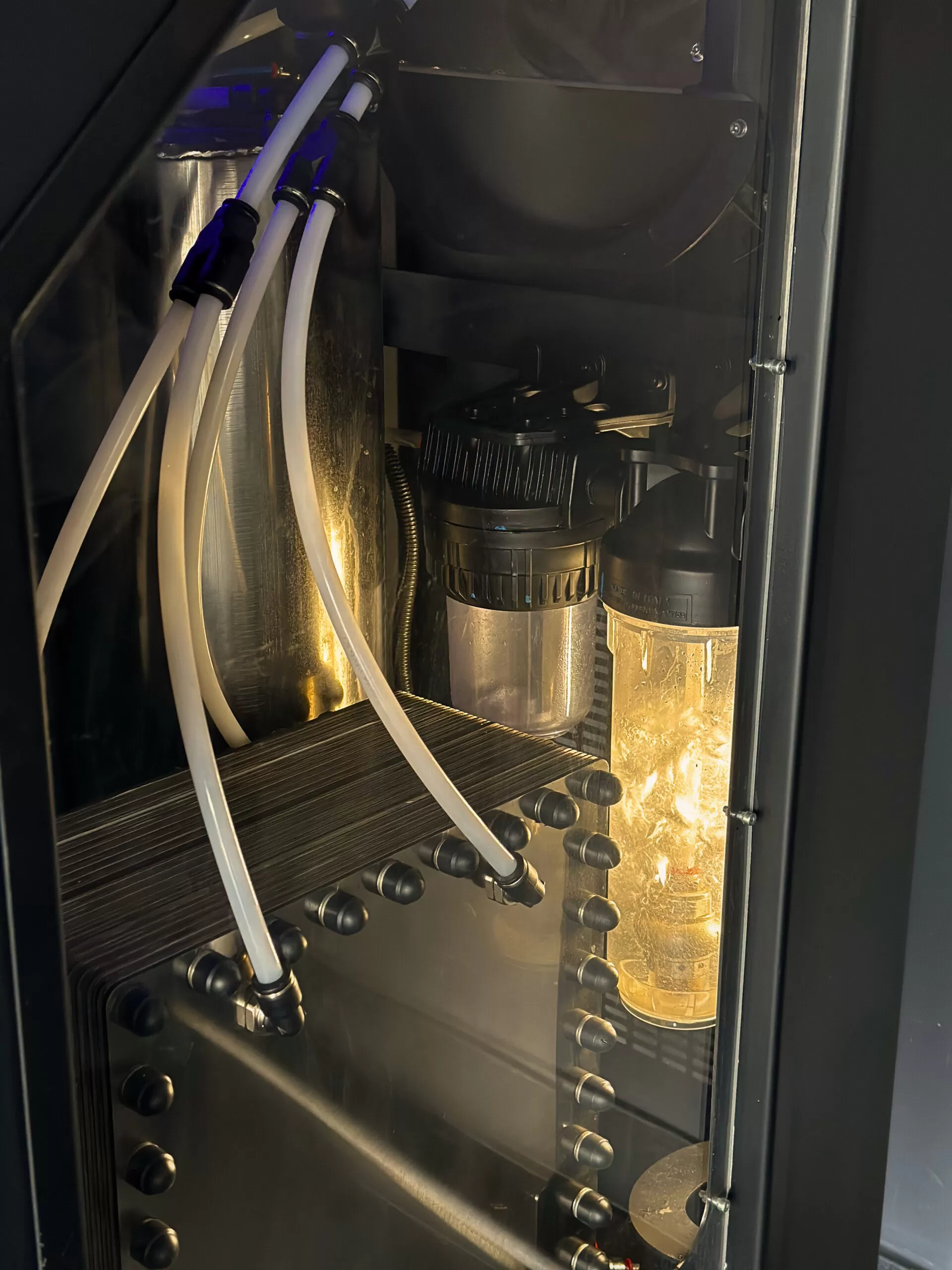
It is recommended to clean the engine with hydrogen every 15 thousand kilometers. During this period, carbon deposits are not yet able to harm your car
Yes, it is the safest and most reliable way to clean an engine. Unlike chemical (aggressive) cleaning methods, hydrogen is the safest option and does not damage engine parts.
It will if the EGR valve is mobile
The oil should be changed at regular time intervals. As for the service itself, there is no dependence on the oil change. After all, the whole process takes place in the combustion chamber, and nothing gets into the oil pan
Hydrogen engine cleaning is also good for cleaning the compression rings
There are several reasons for increased oil consumption. That’s why before cleaning, we perform a computer diagnostics of your car. Based on its results, we will know the reason for the increased oil consumption, and then we will give an appropriate answer for your car
Unfortunately, no, it won’t. Only the exhaust manifold is cleaned, not the intake manifold
The entire cleaning process takes place in the combustion chamber of the engine, so the fuel system will not be cleaned
Yes, this is the only way to clean the particulate filter without disassembling it. But only if the levels of soot, ash, and differential pressure are not yet critical. In general, we recommend cleaning the catalytic converter only with hydrogen because of the fragile structure of its ceramic substrate

